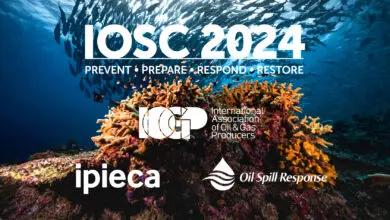
In each edition of Pulse, we publish a short interview with an IOGP colleague or committee member. This month’s interview is with David Harris, Manager – JIP33 Published Specifications. David kindly agreed to this short interview on how JIP33, one of IOGP’s key initiatives, helps IOGP Members, and the industry, reduce costs.
- What industry problem is JIP33 solving?
I think, simply put, it is designed to correct capital project cost and schedule overruns through standardized industry procurement specifications. These specifications have technical, quality, and information requirements, all three of which have been shown to positively impact cost and schedule opportunity when standardized.
To provide a bit of context: prior to the launch of JIP33, from 2010-2014, 75% of exploration and production projects exceeded budget by 50%, and 50% of projects overran scheduled completion dates by 40%. Historically, oil and gas operators used their own bespoke standards to procure everything from pumps to power plants, where each standard could run to hundreds of pages. The only thing they had in common was that they were all different. This often led to long production and delivery times, excessive inspection and testing, and unnecessary functionality with limited value.
- What is the most common question you receive about JIP33?
Companies from across the procurement value chain really want to know how they can participate in the development process to implement the specifications in their organizations.
- JIP33 has published over 40 specifications to date. What is planned for 2022?
We will celebrate our 5-year anniversary and reach the milestone of 50 specifications published! Apart from that, we will continue with the development of new specifications, and updating the older ones.
On a technical level, we will continue our digital journey though initiatives such as the JIP33 Equipment Hub and working with the Requirements Digitalization Task Force. We also hope to return to physically meeting our stakeholders to advocate for the drive for standardization.



